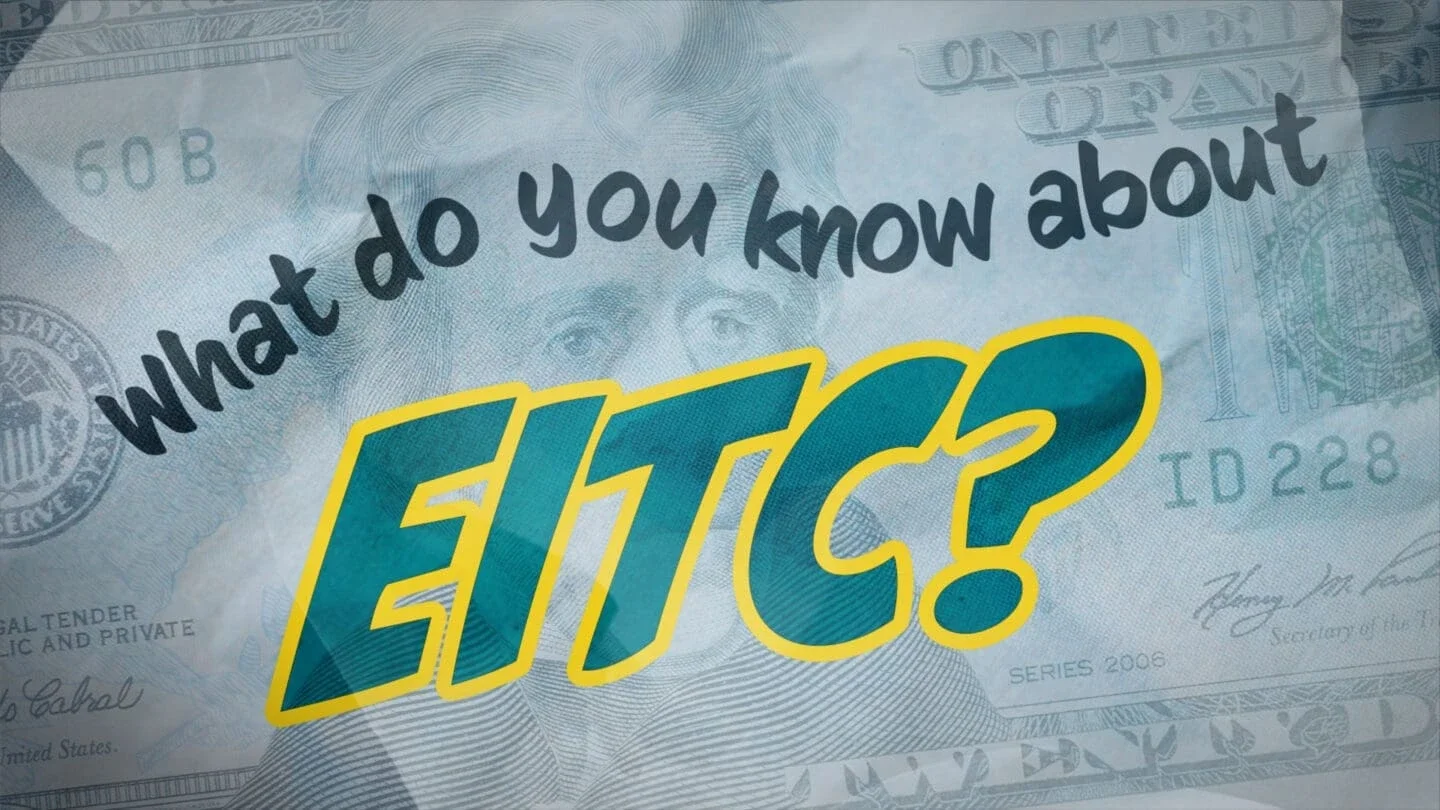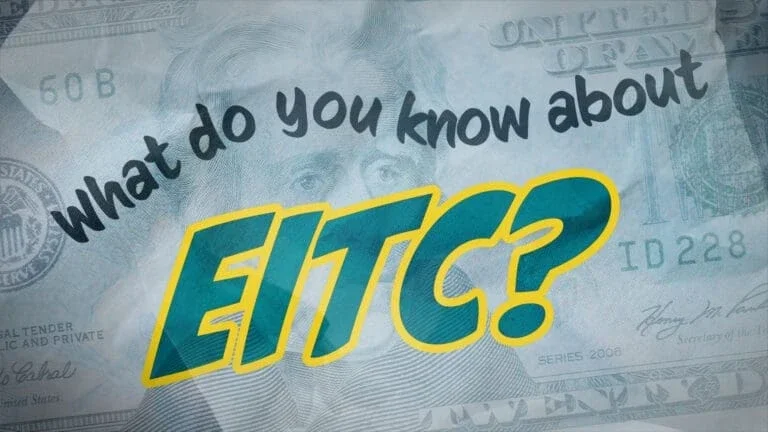When I joined The Rockefeller Foundation’s Equity and Economic Opportunity team in June 2019, I left behind a decade of experience, network-building and proven outcomes in the workforce development/adult education/higher education space. While I had already worked at two foundations and was a seasoned grant-maker, leaving a content area I knew well to direct an area of work as purportedly complex as tax policy was both exciting and scary. But as I learned during my first tour of The Rockefeller Archives, the Foundation’s philosophy has been to hire folks who know enough to make impactful bets, but not so much that their commitment to their expertise clouds their judgment of others’ ideas.
While some aspects of tax policy are indeed complicated, there are a few no-brainer steps that we could take tomorrow to clearly improve the stability of working people, such as showing the success of the Earned Income Tax Credit (EITC) and the Child Tax Credit (CTC) at the state and federal level, which provides the rationale for expansion of both. In late 2019, the Foundation began to award grants in this space, focusing first on supporting work happening in the states by providing research on the effects of existing tax policy.
We built our state portfolio a bit like you would build a personal investment portfolio – joined the EITC Funders Network Pooled Fund and supported national organizations that regranted to state-based organizations (our mutual funds), made some low-risk investments in states inclined to support extended safety nets (our bonds), and backed grantees in higher-risk states where passing EITC was less likely to happen quickly but would have significant impact (our equities).
While we headed into 2020 optimistic, the Covid-19 pandemic soon triggered an economic onslaught that decimated state budgets. We assumed efforts to expand the EITC would stall as states tried to devise how to raise revenue and manage deficits. However, I was happily proven wrong. Instead, our grantees’ research and education helped state governments see the value of leveraging tax credits and other means of unconditional cash to ensure those most likely to be negatively impacted by the pandemic would not be forgotten.
For example, Economic Security for Illinois and its EITC coalition quickly pivoted to educate Illinoisans on the benefits of state-based stimulus checks. Ultimately, the governor allocated $20 million in direct cash assistance for up to 20,000 undocumented workers ineligible for federal pandemic stimulus. And in California and Colorado, grantees saw the EITC eligibility expanded to undocumented residents. In New Jersey, the state lowered the minimum eligible age from 25 to 21 years, resulting in 58,000 young childless workers becoming newly eligible for the EITC, a group that will have an incredibly hard time finding decent work in an economic recession.
So what have we learned?
- The roadmap will change over and over again, so the best funders should empower grantees, who know their states much better than we do. We’ve seen state coalitions move from educating people on the benefits of the EITC to doing research on the benefits of other forms of unconditional cash, which is great! The whole point of our work is to show the value to the economy overall and to individual welfare of putting money in the pockets of people who live paycheck to paycheck: they spend it on basic needs. Plus, the infrastructure being built within the relief bills paves the way for further research that is likely to show the advantages of expanding the EITC in the future.
- Be open to phone calls that ask for your help – do you or your institution have important connections in that state that you can leverage? Do you know other funders who may be interested? Can you amplify grantees’ communications?
- Research that models various scenarios can help educate people on the effects of decreasing and increasing the age of eligible taxpayers, illustrating what could happen with younger and childless workers if included in the program.
- Even with state budgets gutted, expanding access to tax credits can help hundreds of thousands of people feed their families and stimulate state economies, without additional budget outlays.
- I have heard said many times in tax space that taxes are complicated, the system is hard to navigate and the EITC and CTC are wonky names. Maybe this is true but what I have learned through grantees, via focus groups and direct service, is that Americans know what the EITC and CTC are and they support these credits. Furthermore, they care about taxes. We need to find ways to better connect working people to the tax, revenue and budget movement.
- The research that RF grantees have done on EITC is only the beginning. If we really want to address the lack of stability for too many American workers, we need to invest in more research to show the potential for a whole host of progressive tax policies at both the state and federal level to lift working families from poverty to opportunity.
On the heels of this research is a rising drumbeat of bipartisan support for expanding tax credits at the federal level, and with it, widespread acceptance of their effectiveness. Earlier this month, the American Rescue Plan was passed including one-year temporary EITC and CTC expansions. The EITC will increase by three times for childless workers who currently receive up to $500, and the CTC will jump to $3,000 for children ages 6-17, and up to $3,600 for younger children. Some lawmakers are talking about seeking to make the measures permanent. We’re keeping our fingers crossed.
Related Updates

Making Opportunity Universal
The binding theme of our Q1/2021 Matter of Impact goes to the heart of what The Rockefeller Foundation has always been about: Making individual opportunity universal. In everything the Foundation does, we seek transformative solutions to promote the well-being of humankind. In this issue, Foundation President Raj Shah lays out a path for the world community to […]
More


